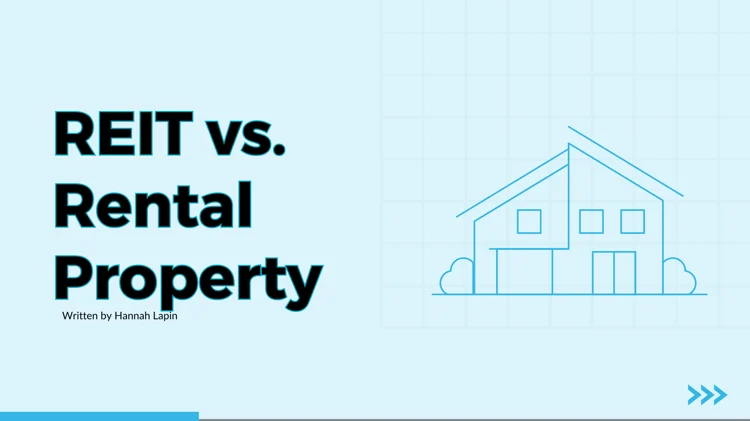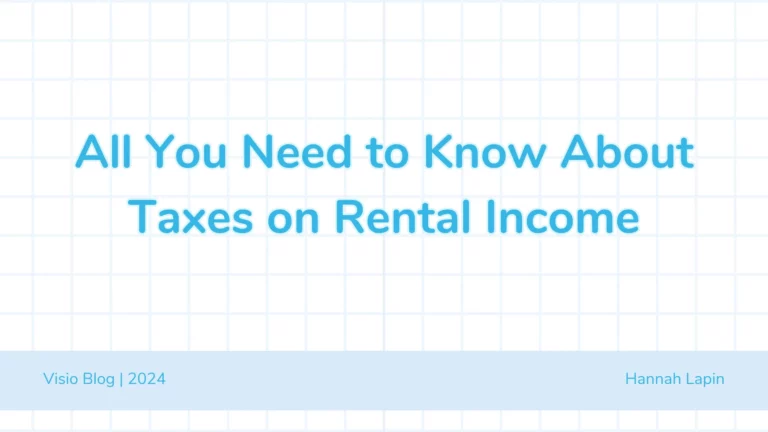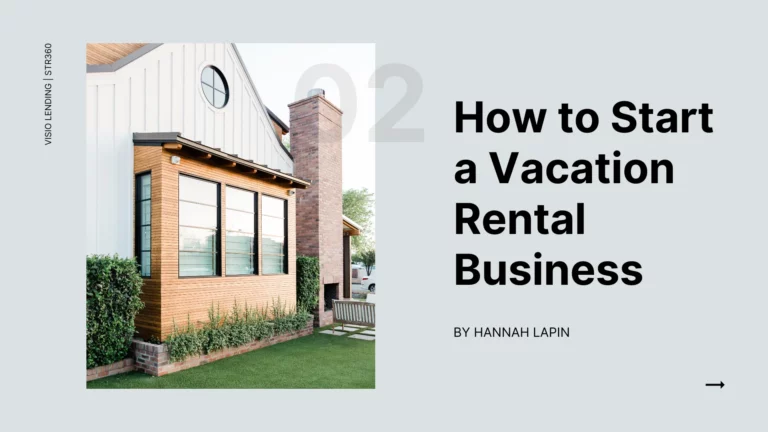HomeResources
Resources
For Investors

February 18, 2025
What Are Short-Term Rental Loans? If you’re looking to purchase a property to list on Airbnb or Vrbo,...

October 9, 2024
Real estate is an excellent way to help your money do more for you. It allows you to generate a solid...

October 4, 2024
The tax obligations for rental income, including deductions, credits, and filing tips. An essential guide...
No posts found
For Brokers
No posts found

March 24, 2025
Visio Lending’s Broker Program is designed exclusively for residential mortgage brokers looking...

November 13, 2024
Here’s a recap of the key insights from our customer success webinar, including why customer experience...

October 13, 2023
With Visio's 3-year and 1-year prepayment penalty options, investors can access 30-year DSCR Loans without...
No posts found







